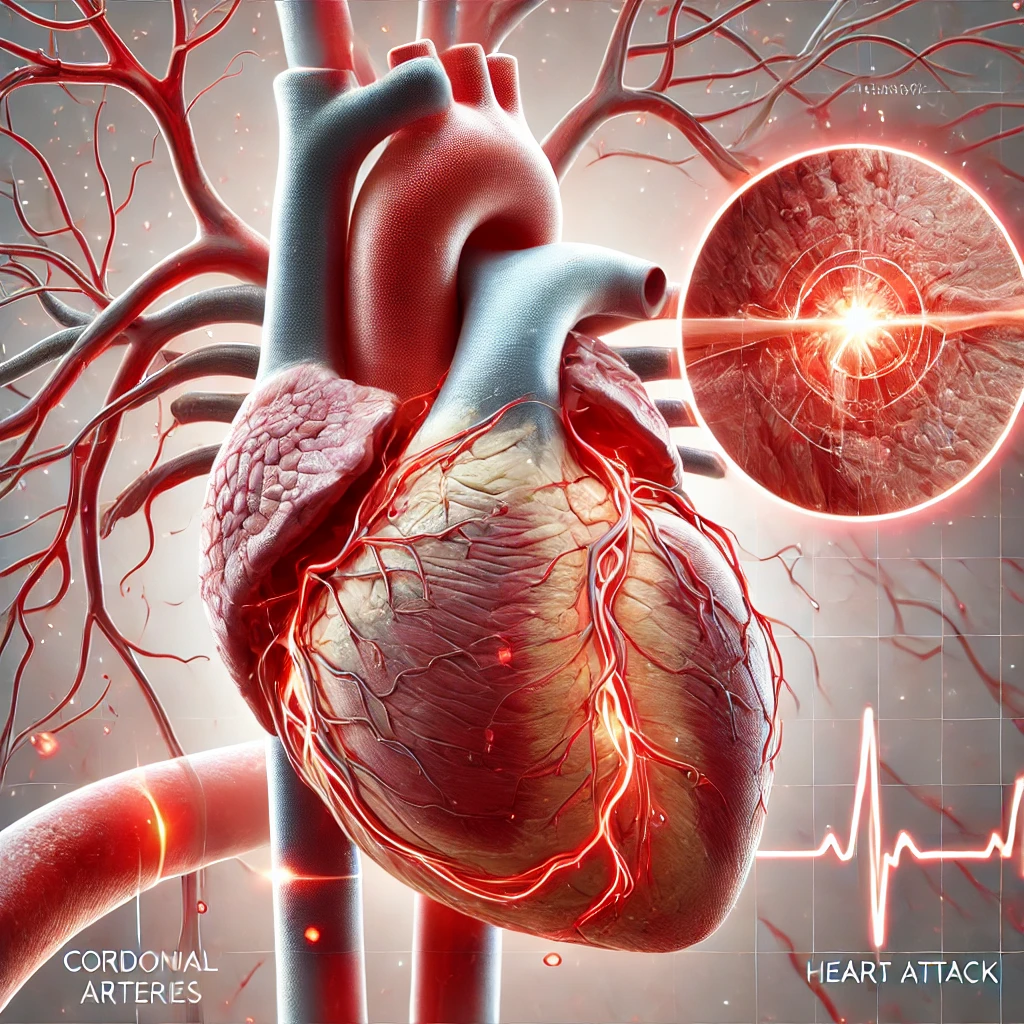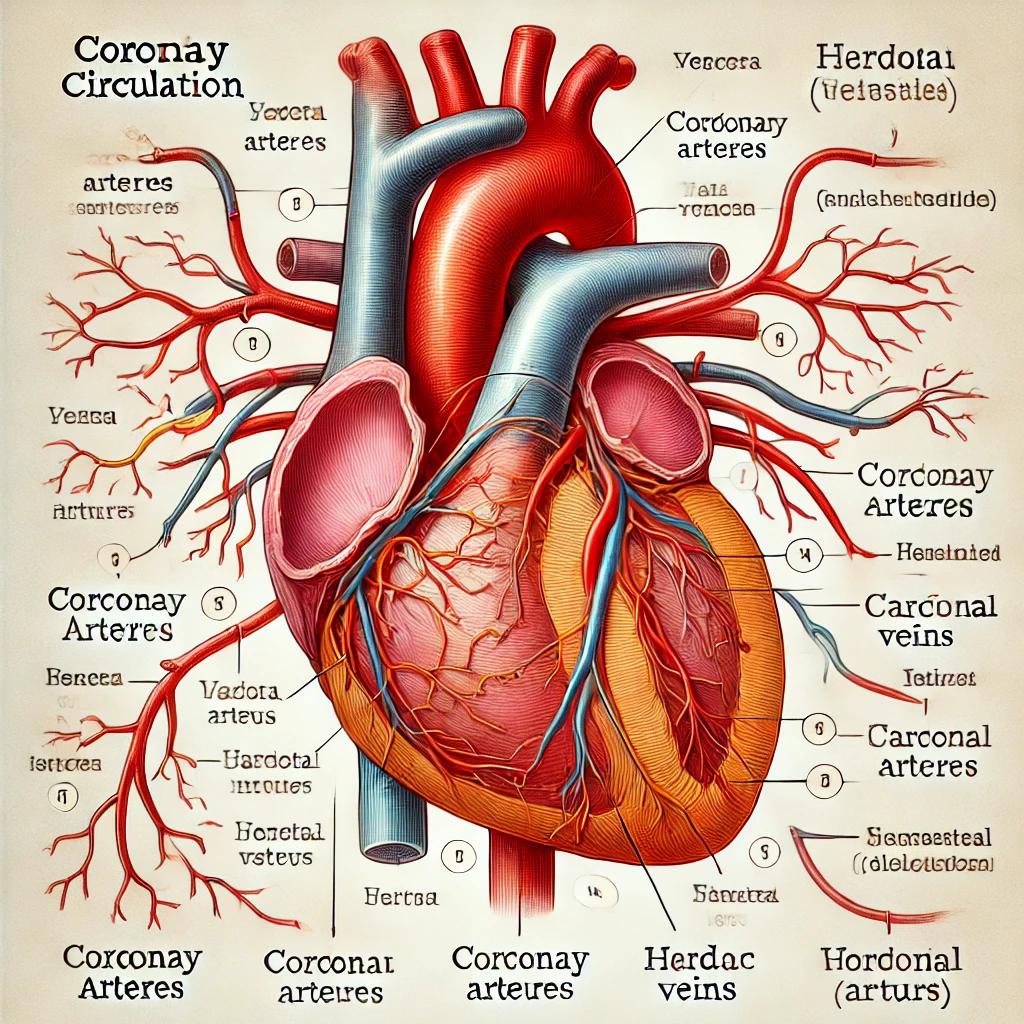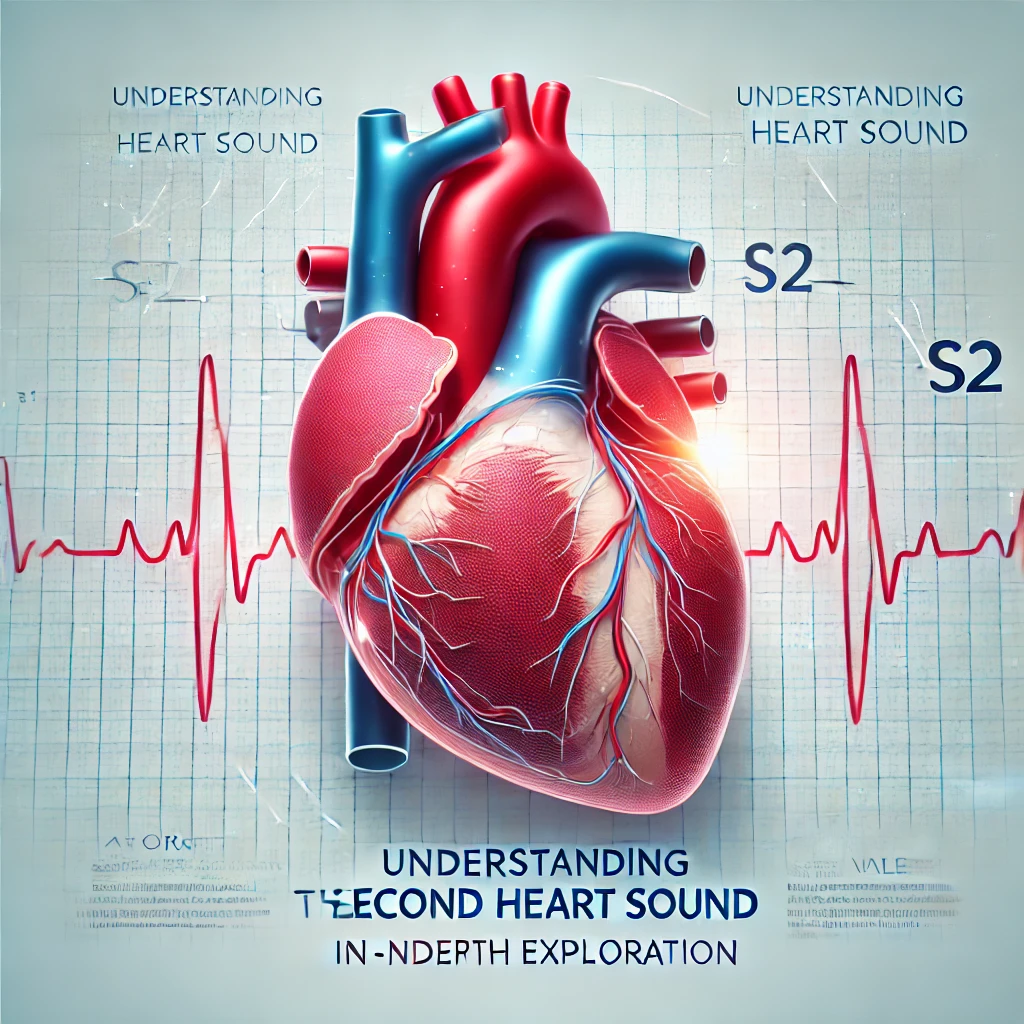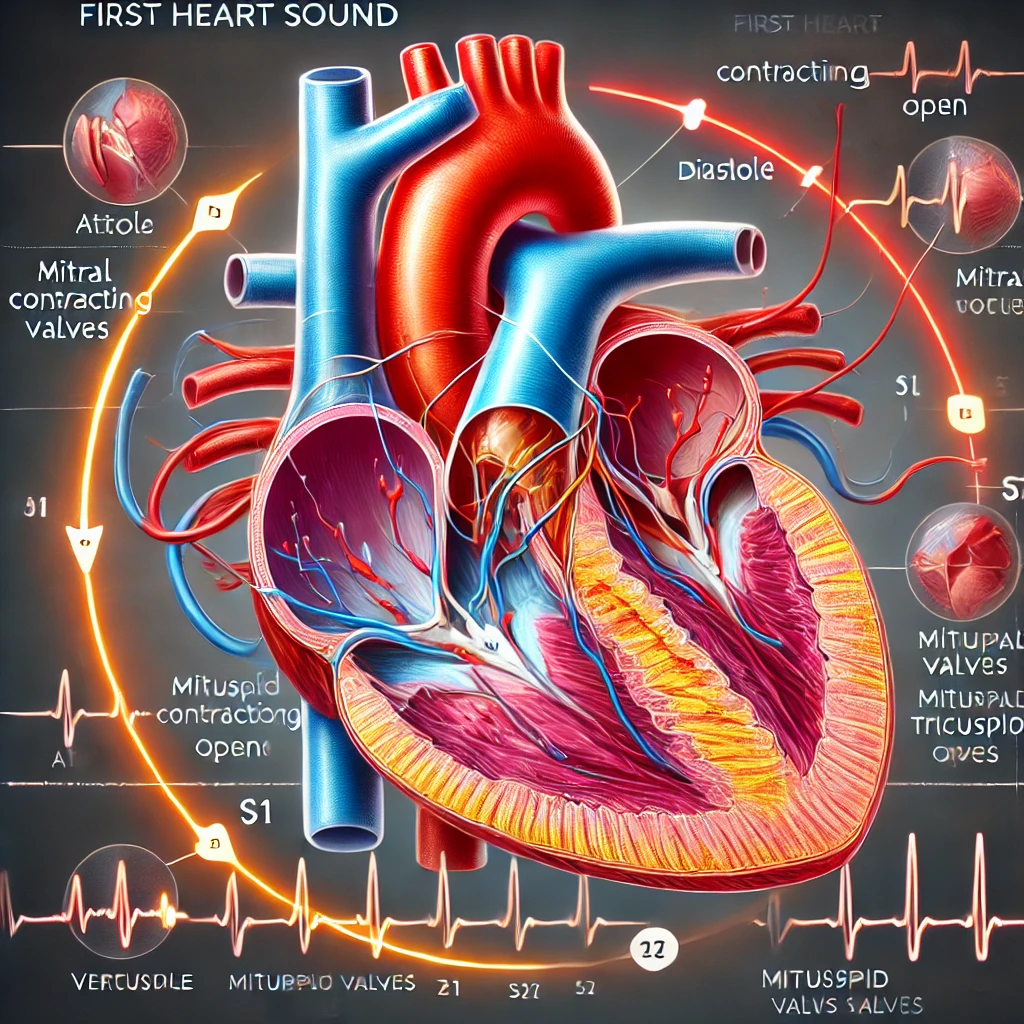Introduction
Has your heart ever felt like it was playing a symphony? Perhaps a skip here, a quick jump there, or a wild, uncontrolled flutter? That sensation, as if your heart is beating to its rhythm, is palpitations. While it can be a tad perplexing, it is quite a common phenomenon. However, the commonality does not make it less daunting, especially when the cause is unclear. We’ve curated this comprehensive guide to enlighten you about palpitations. So, hold onto your seats as we navigate the heart’s beat and pulse labyrinth.
1. Understanding Palpitations
1.1. What Is a Palpitation?
In essence, palpitation is your heart dancing out of sync. It might be beating too hard or fast or fluttering like a butterfly. You often sense these palpitations in the throat or neck, making you feel like your heart is skipping a beat or doing a jig. While palpitations might worry you, they are harmless and do not signify significant health concerns. They could be a one-off event triggered by an intense workout or that extra cup of coffee. However, if palpitations become a regular visitor, they might be symptoms of an underlying heart condition requiring medical attention.
1.2. Types of Palpitation
Heart palpitations come in different shapes and sizes, making distinguishing between the different types imperative. They broadly fall into two categories:
- Premature beats: Often, these palpitations are so mild and brief that they might go unnoticed. They give a feeling as if your heart missed a beat or two. While usually harmless, frequent premature beats can become a nuisance and disrupt your daily life.
- Arrhythmias: As the name suggests, these refer to an irregular heart rhythm. These palpitations are prolonged and can last from a few minutes to a few hours. Often linked to heart conditions, arrhythmias should not be dismissed lightly and warrant immediate medical attention.
2. Causes of Palpitations
2.1. Everyday Triggers
The rhythm of your heart may find a beat of its own due to several everyday triggers, some of which include:
- Caffeine: Your morning ritual of a steaming cup of coffee might provide more than just an energy boost. A high intake of caffeine can stimulate your heart, leading to palpitations.
- Stress and anxiety: The physical manifestation of your emotional stress response can lead to palpitations. So, that pounding heart before a crucial meeting could be palpitations triggered by stress.
- Physical exertion: Physical activity is essential for heart health. However, intense and rigorous exercise can set off palpitations. But don’t let this deter you from staying active. The key is in striking a balance and listening to your body.
2.2. Medical Conditions
Certain underlying medical conditions can trigger palpitations. These include:
- Hormonal changes: Significant life events like pregnancy or menopause can usher in palpitations due to hormonal fluctuations. These palpitations usually subside once the hormone levels stabilize.
- Low blood oxygen levels: Conditions that deplete your oxygen supply, such as anaemia or lung disease, can result in palpitations.
- Hyperthyroidism: An overactive thyroid gland can speed up your heart rate, leading to palpitations.
- Medications: Certain medications, including asthma inhalers, diet pills, or decongestants, can trigger palpitations as a side effect.
3. Recognizing the Symptoms of Palpitation
3.1. Identifying Palpitations
Palpitations come with distinct symptoms that make them relatively easy to identify. These include a feeling of skipped beats, a fluttering sensation, or a sensation of your heart racing or pounding. Some individuals also report feeling a temporary cessation and restart of the heartbeat. Remember, these are just symptoms, not a diagnosis, and it’s crucial to seek professional medical advice if you experience these symptoms regularly.
3.2. When to Seek Medical Help?
While palpitations might not seem severe, specific alarming symptoms warrant immediate medical attention. If your palpitations are accompanied by shortness of breath, dizziness, chest pain, or fainting, you must consult a healthcare professional immediately. These symptoms could signify a more severe heart condition, like a heart attack or an arrhythmia.
4. Diagnosing Palpitation
4.1. Medical Examination
When you visit a doctor due to palpitations, they initiate the process with a comprehensive physical examination. They’ll check your pulse, measure your blood pressure, and listen to your heart using a stethoscope. They will also gather information about your medical history, lifestyle habits, and other relevant factors to help identify potential triggers or underlying causes.
4.2. Diagnostic Tests
Based on your symptoms, medical history, and initial examination, your doctor may suggest one or more of the following tests:

- Electrocardiogram (EKG): This test records the electrical signals in your heart and can detect any irregular rhythms, helping diagnose heart diseases.
- Holter monitor: A portable device that records your heart’s activity for 24 hours or more, providing a more detailed and continuous picture of your heart rhythms.
- Echocardiogram: An ultrasound of the heart that visualizes its structures and can help diagnose structural heart diseases that could be causing your palpitations.
- Stress test: This involves monitoring your heart while you perform exercises on a treadmill or stationary bike to understand how your heart responds to physical exertion.
- Blood tests: These can identify conditions like anaemia or hyperthyroidism, which could be causing your palpitations.
5. Treating Palpitation
5.1. Home Remedies
Simple home remedies can work wonders when it comes to palpitations triggered by lifestyle factors. Here are a few:
- Limiting stimulants: Reducing your intake of caffeine, alcohol, and nicotine can help manage palpitations effectively.
- Managing stress: Techniques like yoga, meditation, and deep-breathing exercises can help you manage stress better, thereby reducing the occurrence of palpitations.
- Adopting a healthy lifestyle: Following a balanced diet and engaging in regular exercise helps control palpitations and boosts your overall heart health.
5.2. Medical Treatments
When palpitations result from heart conditions, medical treatments become necessary. These may include:
- Medications can help control your heart rate and rhythm or treat the underlying cause of palpitations.
- Surgery: For certain heart diseases, surgical procedures like cardiac ablation or installing a pacemaker might be required to control palpitations.
6. Frequently Asked Questions (FAQs)
6.1. Are Palpitations Dangerous?
While it’s normal to worry about vibrations, in most cases, they are harmless. Often, palpitations are triggered by factors like stress, caffeine, or intense exercise. However, if your palpitations are frequent or chronic, it could indicate a serious heart condition that requires medical attention.
6.2. What Does a Palpitation Feel Like?
Experiencing a palpitation can feel like your heart is staging a dance party—skipping a beat, fluttering, beating too fast, or thumping hard. These sensations are usually felt in the chest, neck, or throat.
6.3. Can Anxiety Cause Palpitations?
Yes, palpitations can indeed be triggered by stress and anxiety. Your body’s response to stress can stimulate your heart, causing it to beat faster or irregularly, leading to palpitations.
6.4. How Are Palpitations Diagnosed?
Palpitations are typically diagnosed through physical examination, understanding your medical history, and conducting specific diagnostic tests like an EKG or a Holter monitor.
6.5. Can You Stop Palpitations?
Yes, lifestyle changes can often help manage palpitations. However, medical treatments like medications or surgery might be necessary when palpitations result from a severe heart condition.
6.6. How Long Can a Palpitation Last?
The duration of a palpitation can vary significantly, from a few fleeting seconds to several hours, depending on the cause and type of palpitation.
Conclusion
While palpitations can be unsettling, they are usually harmless. However, persistent palpitations warrant medical attention, as they could indicate an underlying heart condition. The key to effectively managing palpitations is understanding their triggers and symptoms and seeking prompt medical help when necessary. Armed with this knowledge, you can confidently navigate the dance of your heart, ensuring it beats to the rhythm of health and vitality.
References:
- American Heart Association
- Mayo Clinic
- Harvard Health Publishing
- National Health Service, UK
- Centres for Disease Control and Prevention
My other Articles:
- What Triggers Fever: An In-depth Look into the Heat of the Matter
- A Comprehensive Guide to Painless Hematuria: Unraveling the Mysteries
- Heart’s Electrical Activity: A Comprehensive Guide
- Clinically Significant Pulse Patterns: A Comprehensive Guide to Diagnosis
- What is Mental Health: Understanding and Promoting Well-being
Explore the world of heart palpitations, their causes, symptoms, and treatment. Understand the different types, from harmless premature beats to potentially serious arrhythmias. Learn about common triggers like caffeine and stress. Discover how medical conditions like hormonal changes or hyperthyroidism can play a role. Recognize the symptoms of palpitations and when to seek medical help. Dive into the diagnostic process, including EKGs and blood tests. Explore treatment options, from lifestyle changes to medications and surgery. Get answers to FAQs and empower yourself to manage your heart health.
Disclaimer: This article is intended to provide a general understanding of palpitations. It should not be used in place of medical advice from a healthcare professional. Always consult with a medical professional for a comprehensive diagnosis and treatment.




